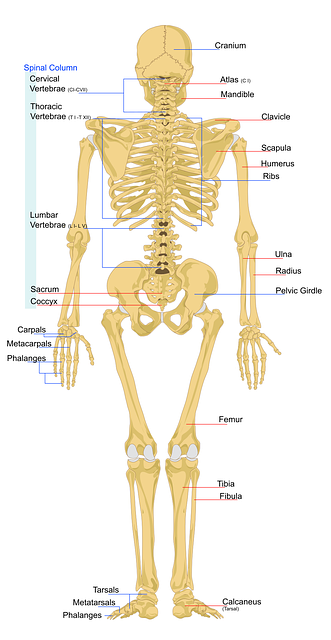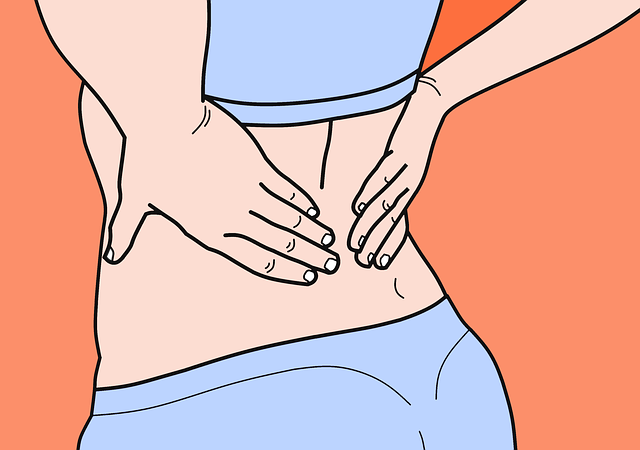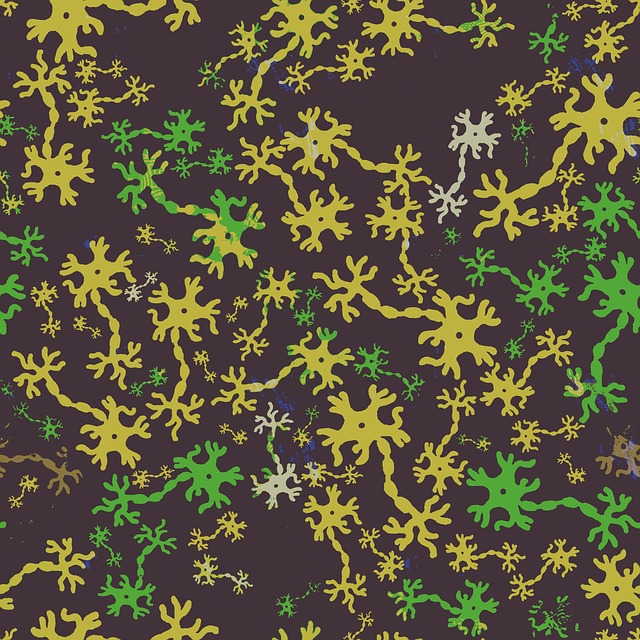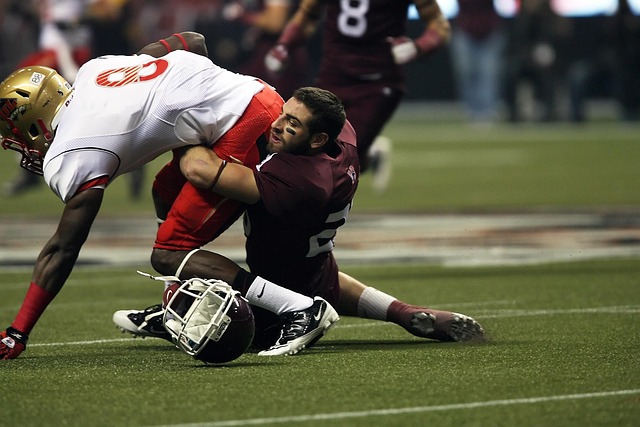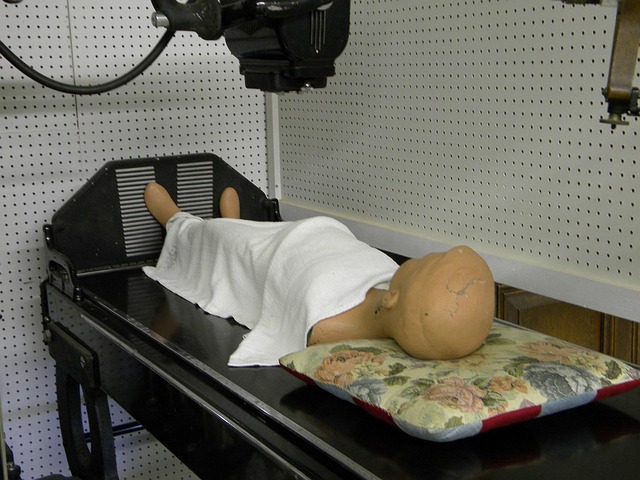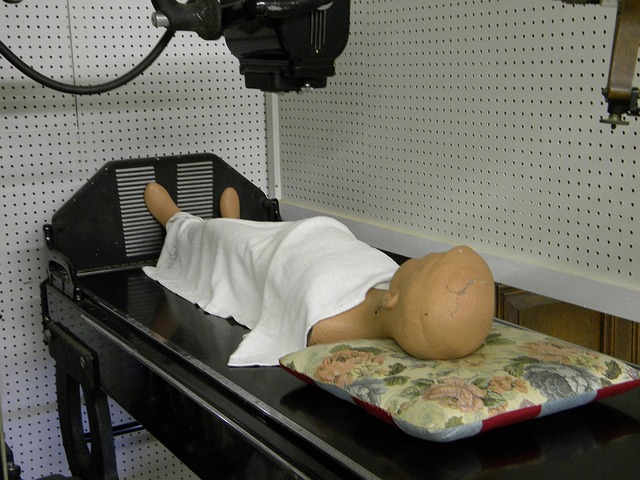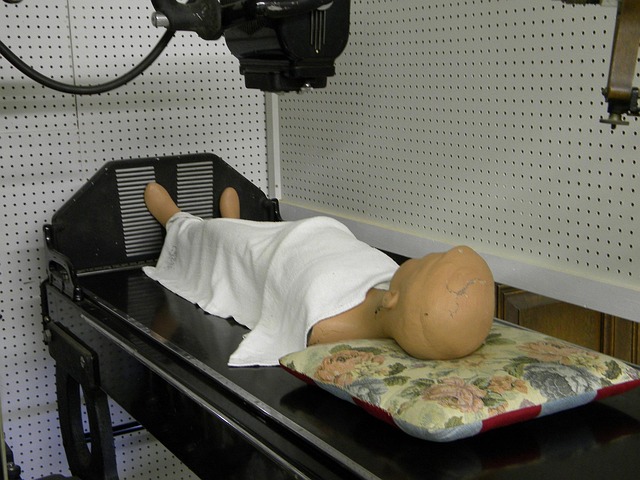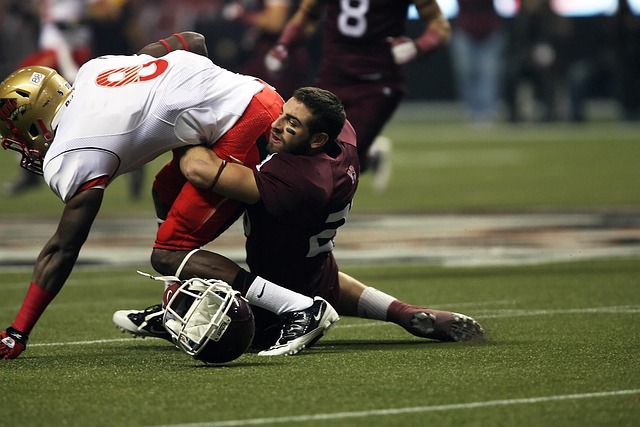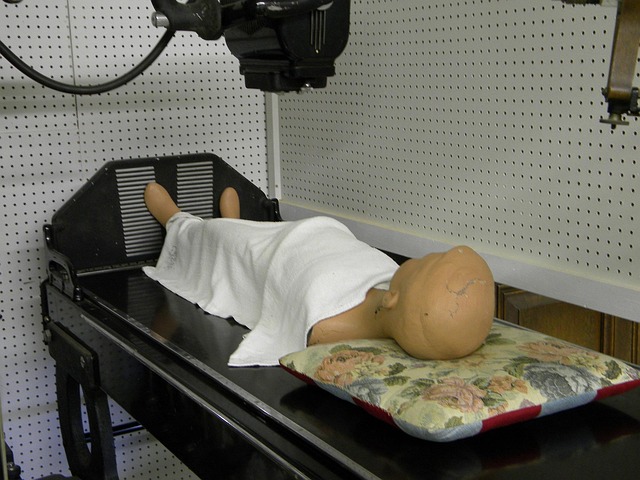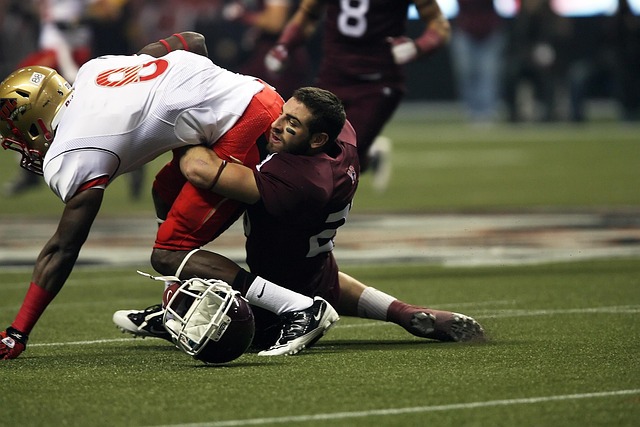Concussions, severe brain injuries often caused by trauma, disrupt daily life with cognitive, balance, and well-being issues. Chiropractic care, a non-drug therapy focusing on spinal adjustments and joint manipulation in the neck and head region, emerges as a promising treatment. This alternative approach alleviates symptoms like headaches and dizziness, potentially speeding recovery compared to traditional methods. Research indicates chiropractic manipulation combined with conservative treatments can reduce pressure on the brain, improve circulation, and enhance nerve signaling, accelerating concusion healing. For optimal results, chiropractors should be well-trained in sports medicine and coordinate with other healthcare providers, as each patient's recovery is unique.
Concussions, common in sports and everyday life, demand effective non-drug therapies for healing. This article explores one promising approach: chiropractic treatment. We delve into understanding concussion injuries and their multifaceted impacts, then examine how chiropractic care offers a drug-free alternative for recovery.
Subsequent sections detail the implementation, proven benefits, and essential considerations of incorporating chiropractic treatment into concussion healing protocols.
- Understanding Concussion Injuries and Their Impact
- Exploring Chiropractic Treatment as a Non-Drug Approach
- Implementation, Benefits, and Considerations for Chiropractic Care in Concusion Healing
Understanding Concussion Injuries and Their Impact
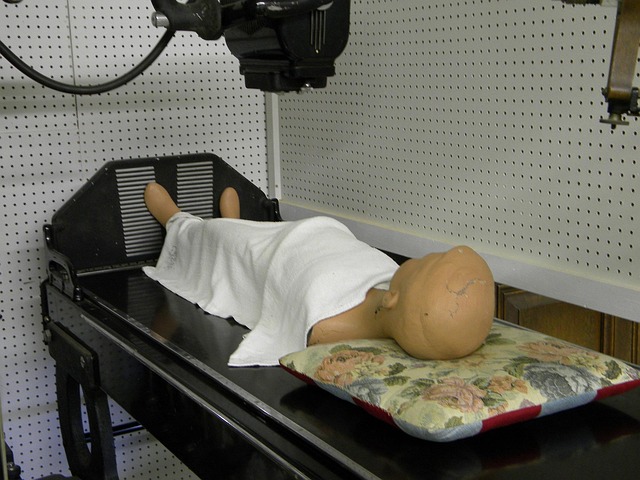
Concussions are a common yet serious type of brain injury often resulting from a blow to the head or body, causing temporary impairment in brain function. These injuries can have significant impacts on an individual’s daily life, affecting their cognitive abilities, memory, balance, and overall well-being. Understanding the nature of concussion injuries is crucial for developing effective treatment strategies.
Chiropractic care has emerged as a promising non-drug therapy option for concussion healing. Chiropractic treatments focus on addressing the physical aspects of the injury, particularly the neck and head region. Adjustments to the spine and joint manipulation techniques can help reduce symptoms like headaches, dizziness, and neck pain often associated with concussions. By improving spinal mobility and nervous system function, chiropractic care may contribute to a faster recovery process, offering an alternative approach to traditional medical treatments for concussion management.
Exploring Chiropractic Treatment as a Non-Drug Approach
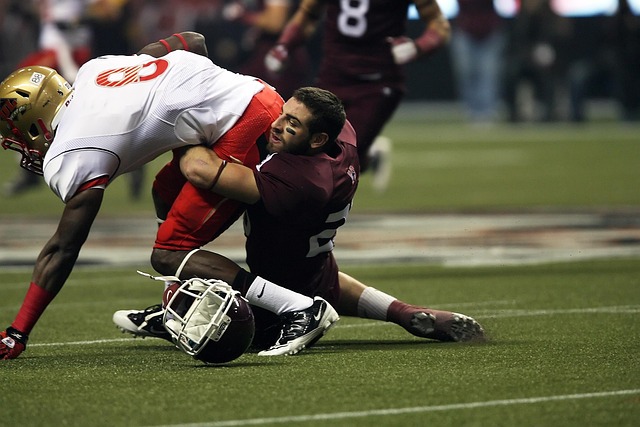
Chiropractic care has emerged as a popular non-drug approach in the management and healing of concussion injuries. This alternative therapy focuses on the manipulation and adjustment of the spine, aiming to restore proper alignment and improve nervous system function. By targeting specific areas of the neck and head, chiropractic treatment can potentially alleviate symptoms associated with concussions, such as headaches, dizziness, and sensitivity to light or noise.
Research suggests that chiropractic manipulation, coupled with other conservative treatments, may offer significant benefits in accelerating recovery and reducing symptoms in individuals with concussion. The gentle adjustments made by chiropractors work to reduce pressure on the brain and spinal cord, allowing for improved circulation and nerve signaling. This non-invasive method provides a promising alternative for those seeking relief from concussion-related issues without relying on medications.
Implementation, Benefits, and Considerations for Chiropractic Care in Concusion Healing
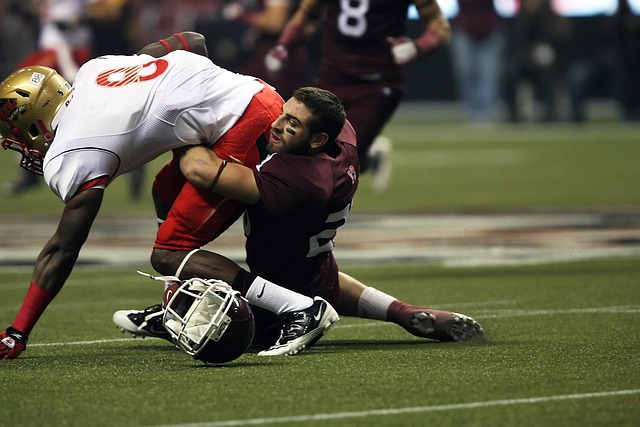
Chiropractic care has emerged as a non-drug therapy option for concussion healing, offering a gentle and effective approach to managing symptoms and promoting recovery. Implementation of chiropractic treatment for concussion injury involves specialized adjustments to the spine and related structures, aimed at reducing inflammation, improving nerve function, and restoring balance in the body. This holistic approach benefits patients by addressing not only physical symptoms but also cognitive and emotional aspects often associated with concussions.
Considerations for incorporating chiropractic care in concussion healing include ensuring practitioners are well-trained in sports medicine and have experience managing brain injuries. Regular communication between chiropractors and other healthcare providers is crucial to coordinating care and ensuring the best possible outcome for the patient. While chiropractic treatment for concussion injury shows promising results, it’s important to note that every individual’s recovery path is unique, and a combination of therapies may be necessary to address the multifaceted nature of concussions.
Chiropractic care emerges as a promising non-drug therapy for concussion healing, offering natural and effective solutions. By focusing on the musculoskeletal system, chiropractic treatment can alleviate symptoms, improve recovery times, and enhance overall quality of life for individuals post-concussion. As research continues to support its benefits, incorporating chiropractic care into concussion management plans could be a significant step towards reducing reliance on medications and promoting holistic healing.


